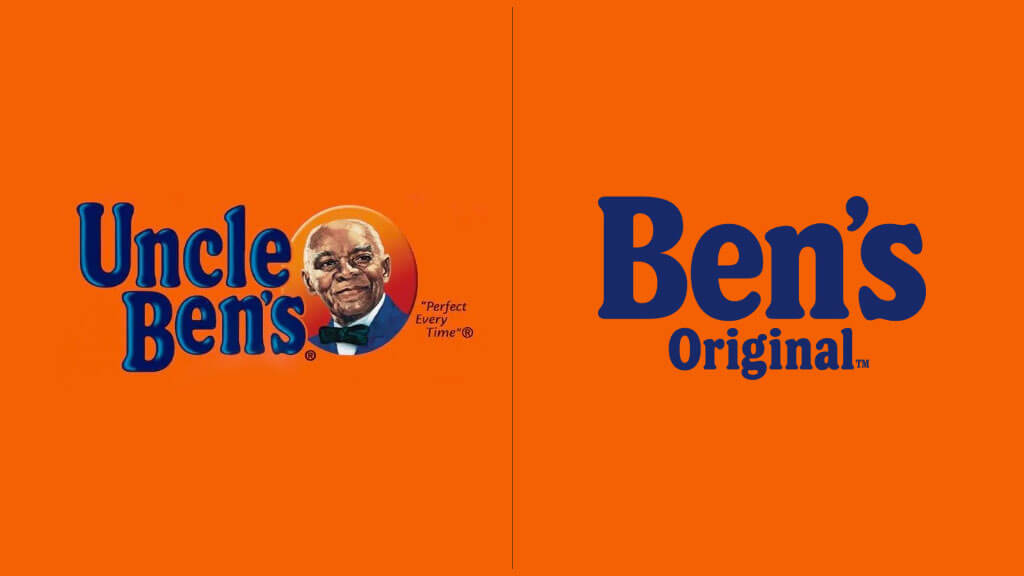Vaccine announcements don’t automatically signal a return to business-as-usual, argues ROSS CLUGSON
VACCINES are like buses. You wait eight months … and then two come along at once.
Pfizer recently announced a vaccine with a 90 percent success rate; shortly afterwards, Moderna announced another — this time with 95 percent effectiveness. All-in-all, positive news for the pharmaceutical industry to cap off a rough year.
The announcements have caused many to herald an imminent return to normality. I would argue that that is premature.
2020 has been the year of unpredictability, with workers and businesses adapting quickly, and en masse, to change. Consumer behaviour and — more importantly — expectations have been irrevocably altered, and the standards to which businesses are held cannot be reversed. Not only has this year been the year of Covid, it has also been the year of Black Lives Matter, global climate change protests, and widespread scrutiny of politicians, celebrities and businesses. It all came to a head with the rejection of Donald Trump in the presidential election, an apparent catalyst for permanent change.
The business world has had to reckon with the fact that shareholder value has truly been eclipsed by stakeholder value. Consumers are increasingly making value-led decisions about the products that they buy. Businesses being held to a higher standard, externally and internally. Employees want to be proud of who they work for, and aren’t afraid to hold their employers to account. We’ve seen this with the global rise of whistleblower culture.
Accompanying this is a new expectation for transparency, from supply chain to delivery. Opaque business decisions are leading audiences to assume wrongdoing, and some brands are being avoided as a result. This demand for accountability will not lessen because of a vaccine.

This reckoning has been reflected in business decisions made this year. Major brands have had to re-evaluate their positioning and clarify what they stand for. From Uncle Ben’s to Aunt Jemima, brands have had to face up to racial stereotypes that they were built on and businesses have reviewed how their values and products fit within a changing cultural narrative.
This shift encompasses perspectives on global issues, many of them interconnected. Sustainability finds itself at the top of the agenda. Brands like Unilever are leading the charge by setting targets of net-zero emission by 2039 and vowing to invest €1bn in green projects. Even the auto industry, not usually associated with sustainability, is getting involved. Bentley has committed to becoming carbon-neutral by 2030, and Ford is aiming to do the same by 2050.
Holding all of these pledges together is one thing: purpose. If your business does not show a clear purpose in 2020, it really shows. In no other year has this been such a guiding light to navigating unpredictable twists and turns. Brand purpose is the road map, a stake in the ground from which all other action can be built.
Companies have been combining this awareness with size and scale to effect real change: holding governments to account, treating people better, and taking a stand on vital issues. And now that Pandora is out of the box, she won’t go back in without a fight.
As the buzz around vaccines and a return to normal gets closer, companies must embrace the change and continue on this new path to accountability. Those that struggle against the current, no matter how big or small, will fall on the wrong side of positive change.
* Ross Clugston is the executive creative director at WPP brand agency Superunion.




























